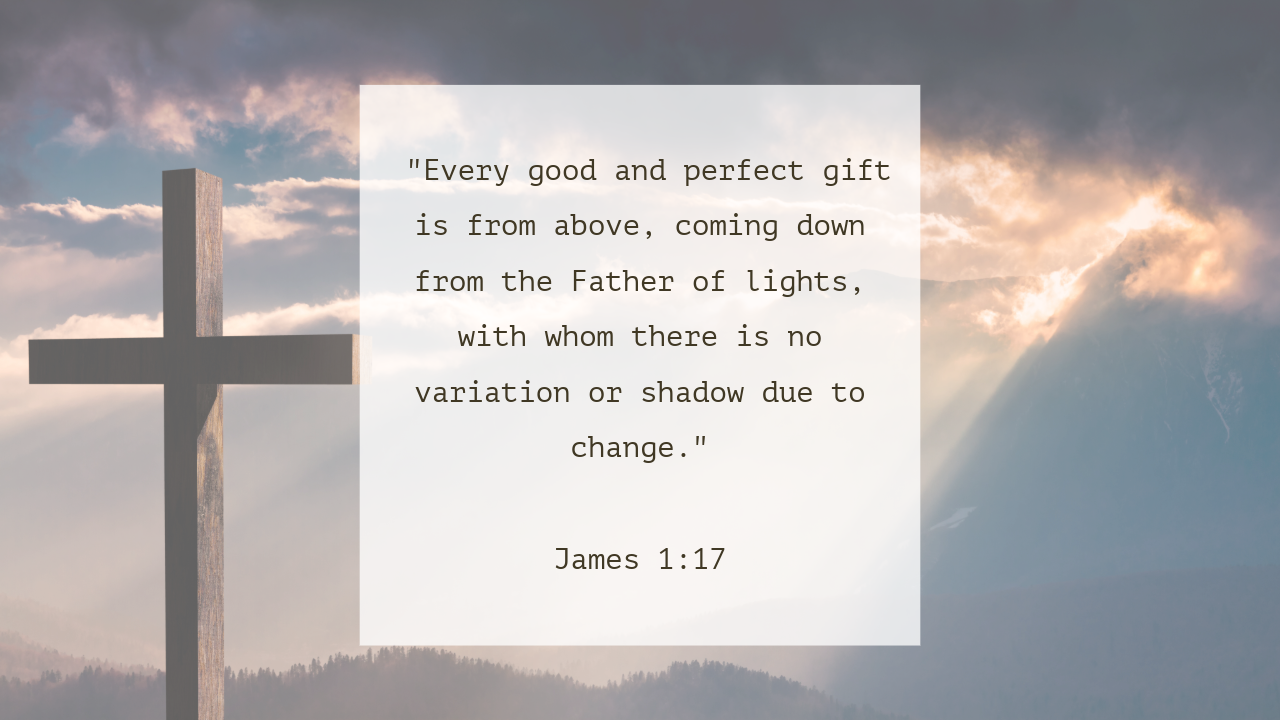Whatever your hand finds to do, do it with all your might. - Ecclesiastes 9:10a
Everyone Participates in God's Work
Last month, we explored how the gospel provides a worldview—a story that shapes the way Christians approach work. This worldview gives believers a distinct way of working, but it does not mean that non-Christians cannot do good work or good deeds. Nor does it mean that everything a Christian does at their job will look radically different from what a nonbeliever does.
Why? Because God is the Creator of the world, and our work mirrors His creative work when we create culture that aligns with His vision for human flourishing. God doesn't only create—He loves, cares for, and nurtures His creation.
So we shouldn't be surprised that many people without faith in Jesus can do great work... sometimes even better work than Christians!
- All human beings are made in the image of God (Genesis 1:26-28)
- All talents and skills ultimately come from God (1 Corinthians 7:17)
But here's the caution: an unbalanced emphasis on worldview can lead to subtle dangers:
- Privileging white-collar work over blue-collar work.
- Undervaluing the good work done by nonbelievers.
- Forgetting that work is a vehicle of God's providence and love for the world.
Christians should place a high value on all human work—especially excellent work—because it channels God's care for creation.
The Balance of Common Grace
When we learn to value all people's work and all kinds of work, we enter the realm of common grace—God's goodness extended to all humanity.
Paul writes in Romans 2:14-15 that God's law is written on every human heart. People have innate consciences preloaded with a sense of honesty, justice, and love. James 1:17 reminds us:

Every act of goodness, wisdom, justice, and beauty (no matter who does it) is enabled by God. There are several examples found in the Bible:
- Exodus 31:1-4: Bezalel filled with the Spirit for artistic skill.
- Isaiah 45:1: Cyrus, a pagan king, anointed for leadership.
- Genesis 20:6-7: God restrains sin in a pagan king's life.
Common grace means God's Spirit works as a guiding and restraining influence, even among those who do not acknowledge Him. But there are limits: Romans 1:18 reminds us that no one is neutral. Every person operates from a worldview that either denies Christ or worships Him.
Understanding common grace should lead Christians to freely and humbly collaborate with others who may not share our faith but can still accomplish enormous good.
The Dialogue of Popular Culture
Christians often respond to popular culture with disengagement, sometimes out of a legalistic view of sin. If we think sin is only about avoiding overt immorality, we may withdraw from culture and feel "safe." But sin doesn't disappear; it simply shifts, often turning good things into idols—moral goodness, financial security, family, doctrinal purity, or cultural pride.
We must set boundaries, yes; however, completely pulling away from culture can lead to other forms of idolatry. Instead, we need humble, critical engagement with culture.

Disengagement often leads to dualism—a false wall between sacred and secular. This thin view of sin and common grace makes Christians think:
- To please Christ, my work must be overtly Christian (i.e. art that mentions Jesus, teaching in a Christian school, etc.)
- Or, "My faith matters only at church; the rest of the week is mine."
Both views miss the point. The first ignores what we share with the world; the second ignores what is distinctive about the gospel.
Integration is the opposite. It means:
- Engaging deeply with cultural and vocational worlds.
- Recognizing that even Christian work contains distortions of sin.
- Seeing that even non-Christian work bears witness to God's truth through common grace.
Learn to celebrate glimpses of justice, wisdom, truth, and beauty wherever you find them. They serve as reminders that point us back to the Creator.
Key Takeaways
- All work (Christian or not) can reflect God's providence and love.
- Common grace enables collaboration and cultural engagement.
- Avoid dualism; pursue integration of faith and work.
- Look for God's fingerprint in every sphere of life.
With the upcoming holidays in November and December, we are going to pause this series until the New Year. We look forward to finishing up this series in 2026!




